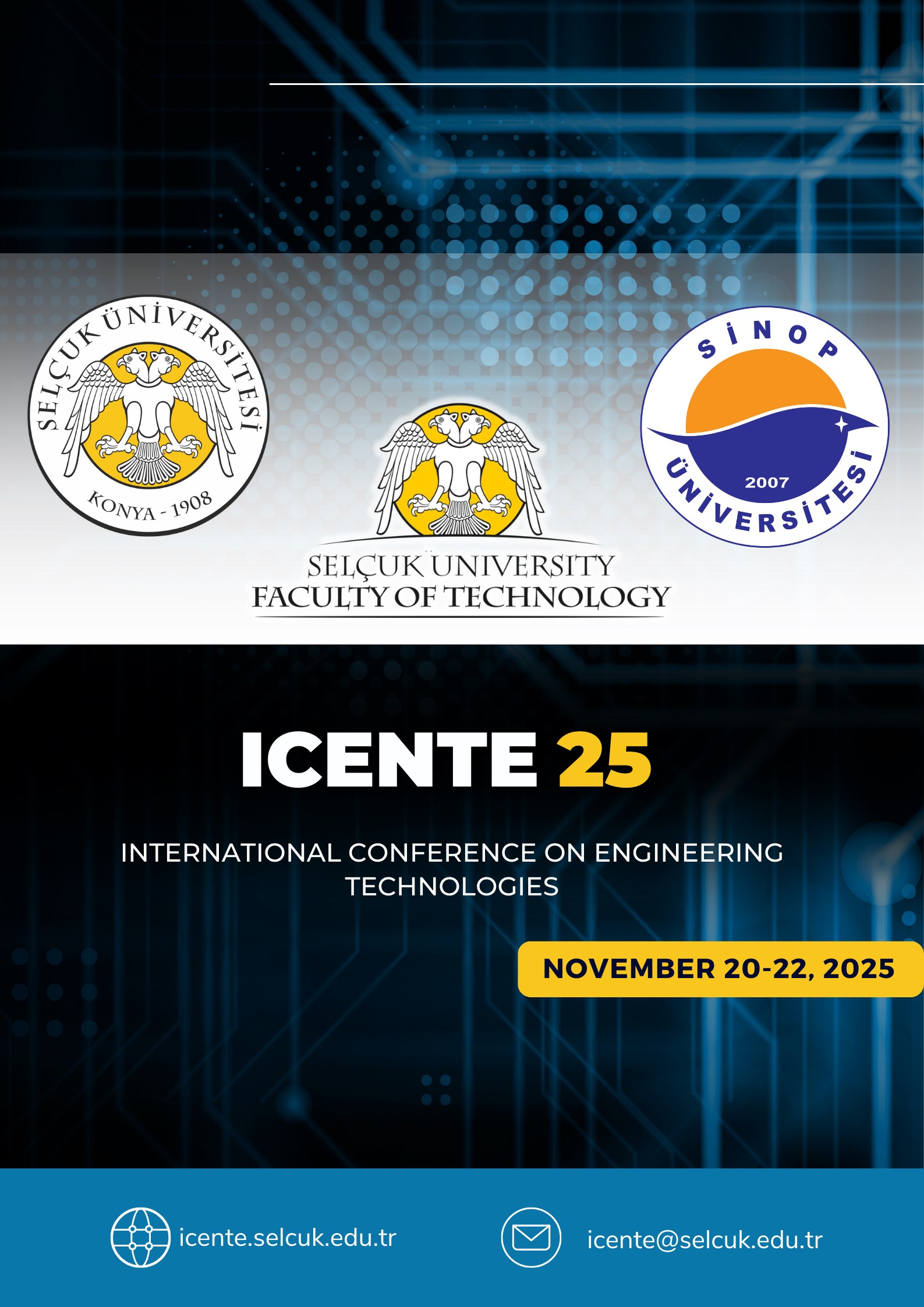
About the Conference
International Conference on Engineering Technologies (ICENTE 25) will be held on November 20–22, 2025, fully online, in collaboration with Selçuk University Faculty of Technology and Sinop University Faculty of Engineering and Architecture.
ICENTE aims to bring together leading international and interdisciplinary research communities, technology developers, and academic professionals to discuss both theoretical and practical issues in all fields of engineering technologies.
The conference serves as a high-level platform for presenting recent research results, ongoing developments, and global technological trends. We maintain high scientific standards through a rigorous peer-review process, with a diverse scientific board composed of esteemed scholars from various countries.